WE ARE DELIGHTED TO ANNOUNCE
THE MARILYN STAFFORD FOTOREPORTAGE AWARD
SHORTLIST 2024
IN ALPHABETICAL ORDER
(by first name)
ANDREA HERNÁNDEZ BRICEÑO

Andrea Hernández Briceño is a Venezuelan journalist, visual storyteller, TEDx speaker and National Geographic explorer based in Caracas. She tells representative stories about gender, environment and social phenomena that put the dignity of participants in the centre of the narrative. Her projects have been exhibited in New York, Arles, and Mexico City. She was awarded two POY Latams (2023). Hernández Briceño co-founded the all women collective Ayün Fotógrafas and the Ojo Pelao free workshop that makes photography education more accessible in her country. She has also taught at the RMTF school and MiraVzla. She believes in the importance of working with communities through horizontal collaborative practices that combine education and storytelling initiatives. Her work explores narratives that search for humanity in the space between seemingly opposing ideas as a result of growing up and living in Venezuela, a place of contradictions.
Luna de Agua
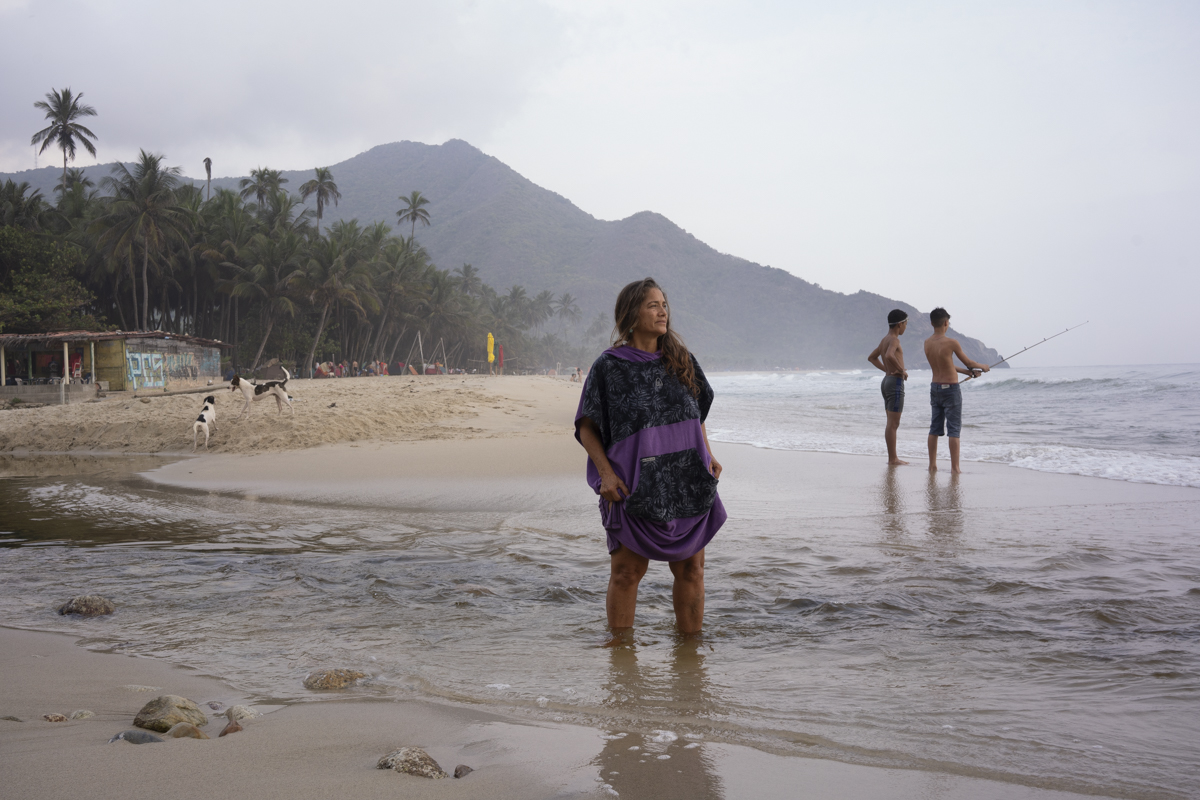
“I fish like a woman, not like a man. And I have my strength as a woman, which is just as important,” says fisherwoman Doris Duque. She practices sustainable fishing and teaches it to other women so that they can become economically independent in the hostile context of the Venezuelan Caribbean coast. “Luna de agua” is an impact-led project that merges storytelling and community building while documenting the feminisation of the fishing trade and the women’s sustainable approach to their practice. This multi-format strategy combines still photography, video, audio and impact measuring tools to explore how women went from weaving fishing nets to using them at sea and what this change means for their communities in Aragua, Venezuela. The storytelling aspect will lead to an educational component in which the fisherwomen choose a skill that will improve their livelihoods and trade while protecting the ecosystems they inhabit.
ANNAMARIA BRUNI
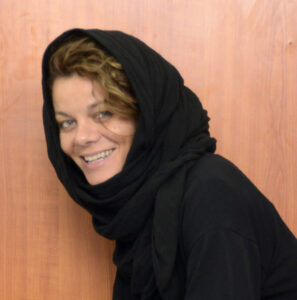
Born in Cagliari, Italy, in 1974, Annamaria Bruni developed a strong interest in photography from an early age, inspired by her father’s passion for the art. She began her career in Sardinia as a photographer’s assistant before moving to London, where she collaborated with various modelling agencies and specialised in portraiture, particularly of women, which remains her enduring passion. In 2004, a trip to Egypt sparked her love for the Middle East. Since then, she has worked with numerous NGOs, traveling to the West Bank, Gaza, Lebanon, Jordan, Turkey, Afghanistan, Iran, Saudi Arabia, Nigeria, the Philippines, and Thailand. Her focus has been on documenting social issues and the aftermath of war.
Ever Present Past
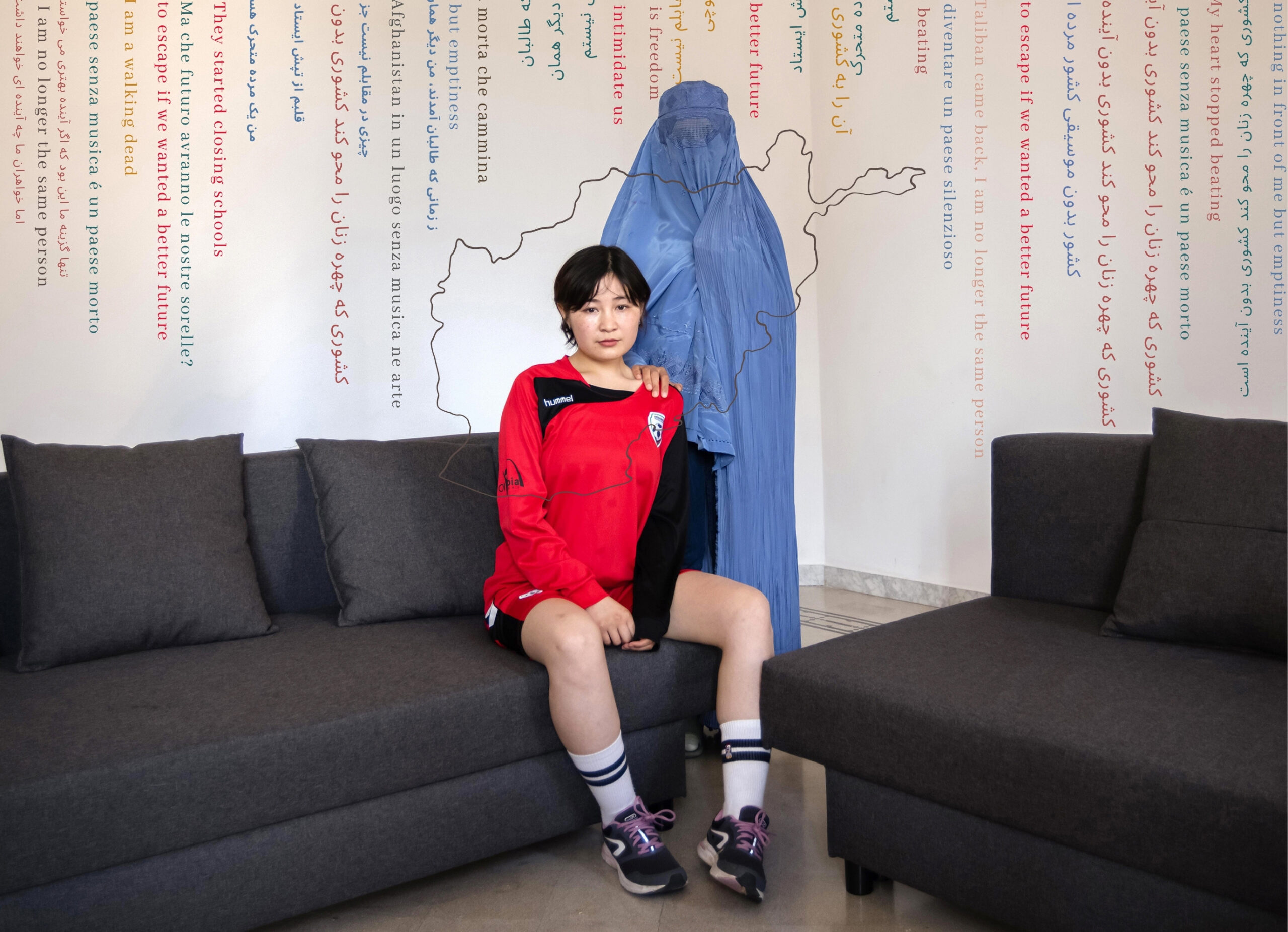
“Ever Present Past” explores the situation of Afghan women following the Taliban’s resurgence in 2021, highlighting the severe restrictions they face, including limited freedoms, enforced dress codes, barriers to education, and exclusion from public spaces and offices. The project contrasts the plight of those still in Afghanistan with the fortunate few who have found refuge in Europe. Through collaboration with local and international NGOs, some women have secured asylum, gaining access to education and a degree of independence. “Ever Present Past” not only sheds light on these women’s struggles but also emphasises the positive impact of international support and advocacy. By showcasing successful expatriation stories and the empowerment of Afghan women abroad, the project underscores the importance of continued efforts to support women’s rights and freedoms in Afghanistan, offering hope and tangible solutions for a better future.
ISABELLA FRANCESCHINI
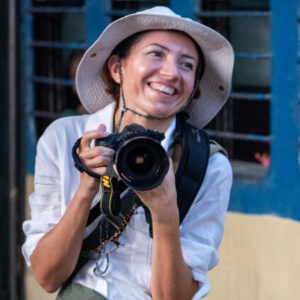
Isabella Franceschini is an Italian freelance photographer, contributor for Parallelozero photojournalism agency and Lowepro Ambassador. After a degree in Economics from Bologna University, she attended a one-year masterclass of photojournalism in Rome and, since then, photography has become a fundamental part of her professional life. Isabella is currently developing long-term projects primarily inspired by what influences human beings and their relationships as well as issues related to environmental sustainability. In recent years, her projects have been featured in The Washington Post, Der Spiegel, l’Espresso, la Repubblica, MarieClaire, Vanity Fair. She has contributed to a Telethon Foundation Campaign about rare genetic diseases. She has received multiple awards such as WRA Documenting Humanity 2022, 21st Julia Margaret Cameron Award, ISPA Award 2023, ZEKE Award 2024. Her works were exhibited in private galleries and public spaces such as the Festival of Ethical Photography in Lodi (Italy) Fotonostrum (Barcelona) Photoville (New York).
The Leap of Fish that Dream of Flying
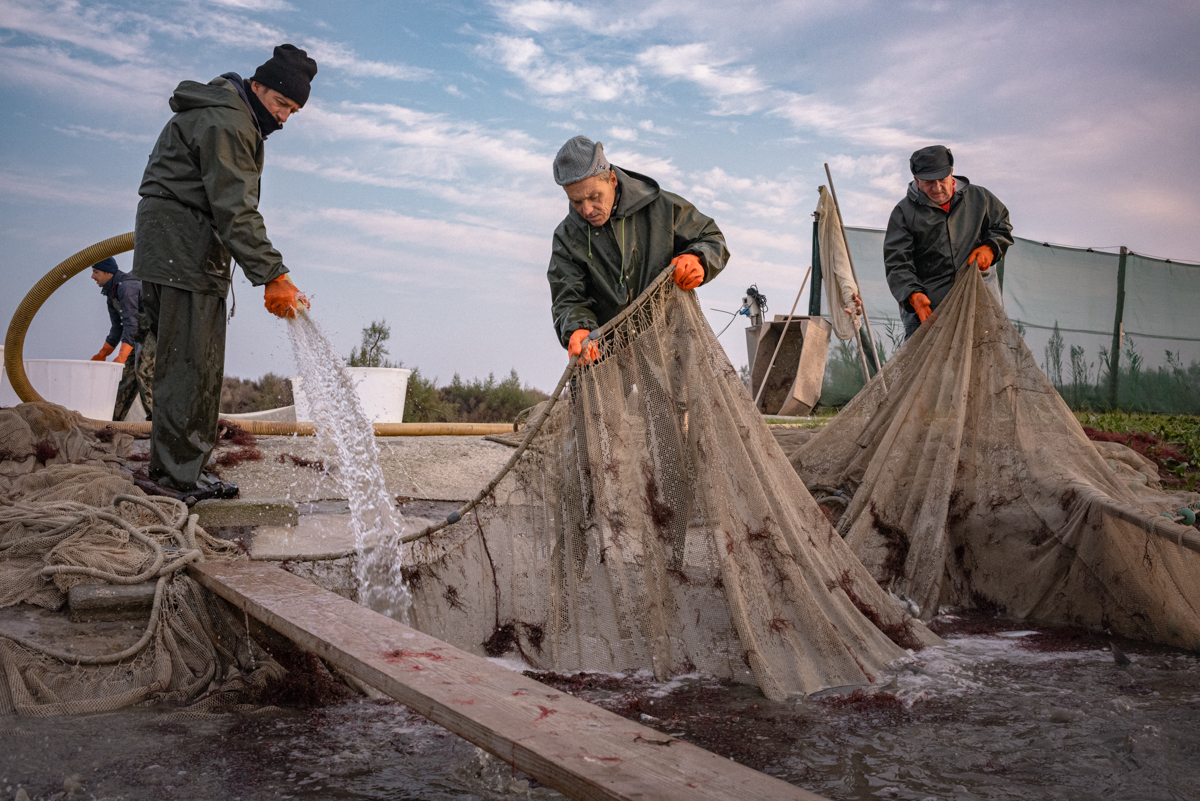
Respect for the environment is increasingly recognised as essential for sustainable development, and my project focuses on this crucial aspect, starting with the decommissioning of the Polesine Camerini thermoelectric plant, the largest in Italy, now inactive, which is set to be transformed into an eco-friendly tourist facility based on a project involving local institutions and the local population. The main objective is the conservation of the Po Delta – a vital and fragile environment due to human activity, climate change, and its own morphological constitution – one of the most important wetlands in Italy and Europe. My work has documented the environmental challenges of this area – UNESCO MaB (Man and Biosphere) Reserve since 2015. Humans have both benefited from this environment, through activities such as mussel farming, and exploited it with the industrial site of the thermoelectric power plant. This transformation enables a renewed and balanced coexistence between humans and nature, paving the way for a future of unexplored and fertile possibilities.
JENNIFER CARLOS
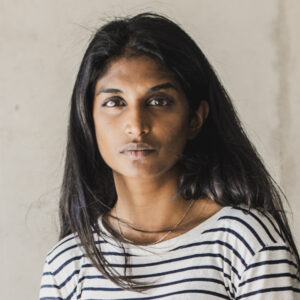
A French freelance photographer based in Paris, Jennifer Carlos graduated from the DU Photodocumentary and digital writing of the University of Perpignan and holds a DNSEP (Master II) from the ENSA of Bourges and a year at the ENSA of Nice (in France). She has combined her studies with 18 years as a social worker, an experience that deeply permeates her photographic practice. Through her photographs, she tells stories of social exclusion and migration. In recent years, she has documented Senegalese migration and its consequences, highlighting the intimate and emotional aspects of individuals. In 2021, she joined the RÉA agency and participated in the mentoring of the ITEM collective in 2022/2023. Her work has been featured in international media and exhibited in France and the West Bank. and she received a Special Mention at the All About Photo Awards 2024 and was a finalist in the World Press 2024, “story” category.
THE ODYSSEY: From the Legion to Paralympic Hope

Every year, thousands of Senegalese risk their lives trying to migrate to Europe. Some, like Macoumba, decide to return to their country after years abroad. Macoumba made this choice to contribute positively to the development of his country of origin. His journey, marked by resilience in the face of adversity, demonstrates that a positive outcome to returning home is possible. Seriously injured in 2008 while working for the French Foreign Legion, Macoumba showed incredible strength by returning to Senegal despite the stigma related to disability. There, he now engages in activities related to the education of children and the preservation of the environment. He also campaigns for the inclusion of people with disabilities in sport and participates in handbike racing. It is through this discipline that he will endeavour to represent Senegal with dignity at the 2024 Paralympic Games. By documenting his journey and actions, this story raise awareness about the challenges of immigration and disability from an inspiring perspective.
LYS ARANGO
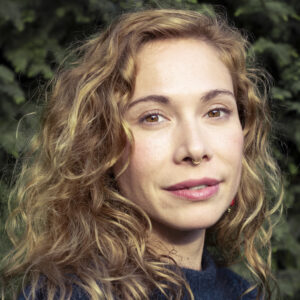
Lys Arango is a Spanish documentary photographer and writer, and a member of VU’ Agency. Originally from Madrid and based in Paris, she undertakes self-initiated research projects focusing on environmental and social issues. Arango builds her work on genuine relationships with her subjects through time, trust, and understanding. Since 2019, she has been working on a global hunger project, gathering stories, testimonies, and images from regions affected by armed conflicts and ecological challenges. Her work has received significant recognition, including becoming a National Geographic Explorer in 2024 and receiving the Pictures of the Year award in 2023 for her project “The River Ran Black.” Her photographs have been exhibited at various festivals and published by international media such as CNN, Le Monde, BBC News, El País Semanal, and Marie Claire Magazine.
Hunger Recipes
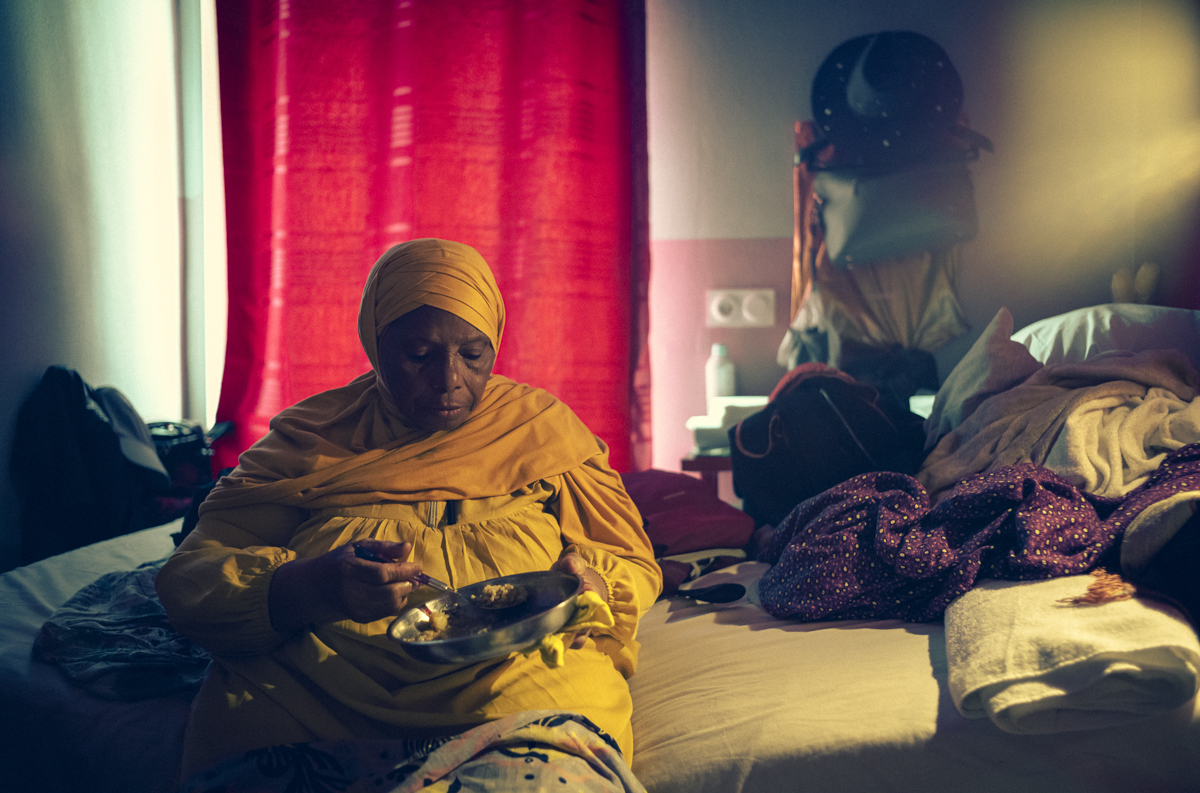
“Hunger Recipes” addresses the often-hidden issue of hunger in France, where 22% of households experience food insufficiency, yet fewer than 5% seek assistance. This project illuminates the human stories behind these statistics, showcasing recipes created from limited, often unchosen ingredients. Unlike typical cookbooks, it reveals the reality of food scarcity. The project explores how food culture for many has shifted to a culture of hunger, documenting the strategies people use to feed their loved ones with meagre resources. It also includes recipes from charitable associations made from unsold or near-expiry date products. Beyond being a cookbook, “Hunger Recipes” is a powerful reminder of the daily struggles of many French households. It invites readers to connect with these experiences through culinary photographs and narratives, emphasising resilience and hope. By sharing these stories, “Hunger Recipes” aims to raise awareness and inspire action to combat food insecurity.
MARGARET MITCHELL
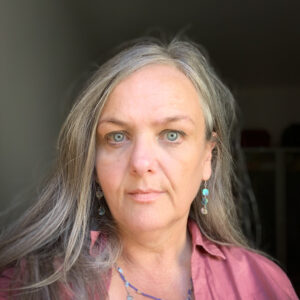
Margaret Mitchell is a Scottish photographer whose work bridges both psychological and social concerns, from projects exploring communities and children’s worlds through to stories on the individual and society. Connection and ethics sit at the heart of her approach with imagery exploring the intricacies and complexities of people’s lives with a particular emphasis on place and belonging. Her work has been exhibited widely including at the Scottish National Portrait Gallery, Edinburgh (2017 & 2022) and at the National Portrait Gallery, London (2014 & 2022) as part of the Taylor Wessing Photographic Portrait Prize. She is the recipient of a number of awards including in the Sony World Photography Awards (Contemporary Issues, 2nd) and The Royal Photographic Society’s IPE160. Her work has been acquired for the permanent collections of the National Galleries of Scotland, the Martin Parr Foundation, and the University of Stirling Art Collection.
As the Day Closes
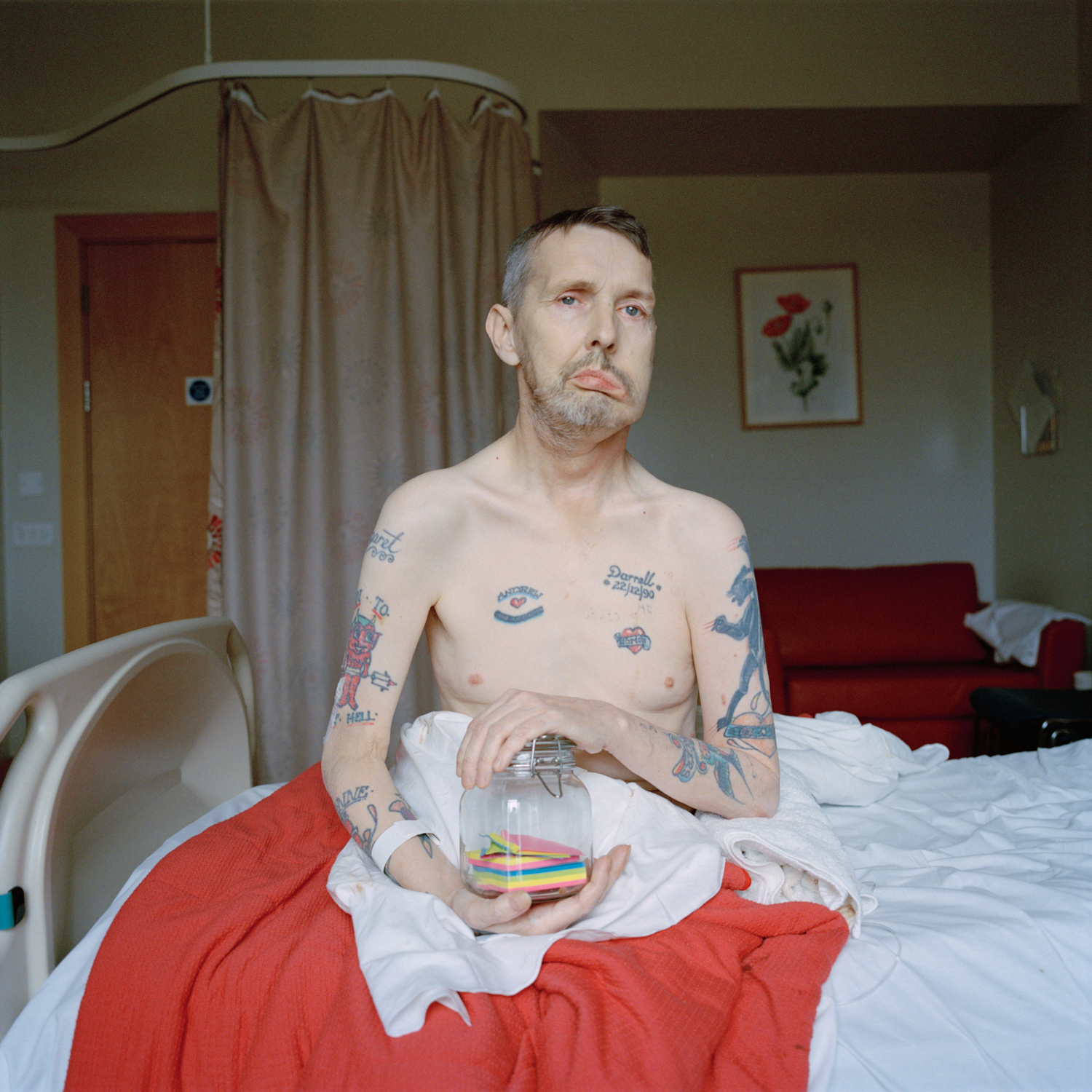
‘As the Day Closes’ reflects on the stories of people diagnosed with a terminal illness in Scotland. The emotional journey of each person sits alongside deep-rooted issues of often long-standing inequality which shaped their daily lives and formed the backdrop to their dying experiences. The relationships I built with those I photographed allowed an insight into what preoccupied them at this juncture in their life story, when time itself had become limited. This is a narrative on the human condition and fragility of life whilst also highlighting difficulties encountered due to unequal circumstances. Through nuanced and personal stories, I hope this work acts as a legacy to those I met, for the many hours and visits shared, and contribute to valuable knowledge, encouraging new conversations on the issues amplified.
MARINA CALDERON
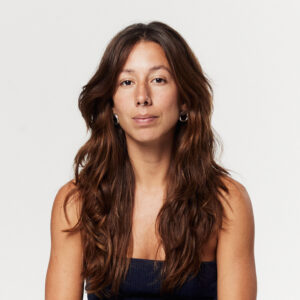
Originally from Rio de Janeiro, Brazil, Marina Calderon moved to Caracas, Venezuela in October 2022, where she began to pursue her passion for photojournalism and documentary photography. Marina’s work focuses on projects that explore everyday human life intertwined with political, social, youth and gender issues in Latin America with the aim of driving lasting social change. She always strives to approach her subjects from a humanistic perspective and build relationships based on trust and respect. Marina works as a freelance visual storyteller and has contributed her work to several international organisations, NGOs and media outlets, such as the Directorate General for European Civil Protection and Humanitarian Aid Operations, Oxfam and Bloomberg. To date, she is working on “Vital but Invisible”, a project about the care economy and gender inequality.
Vital But Invisible
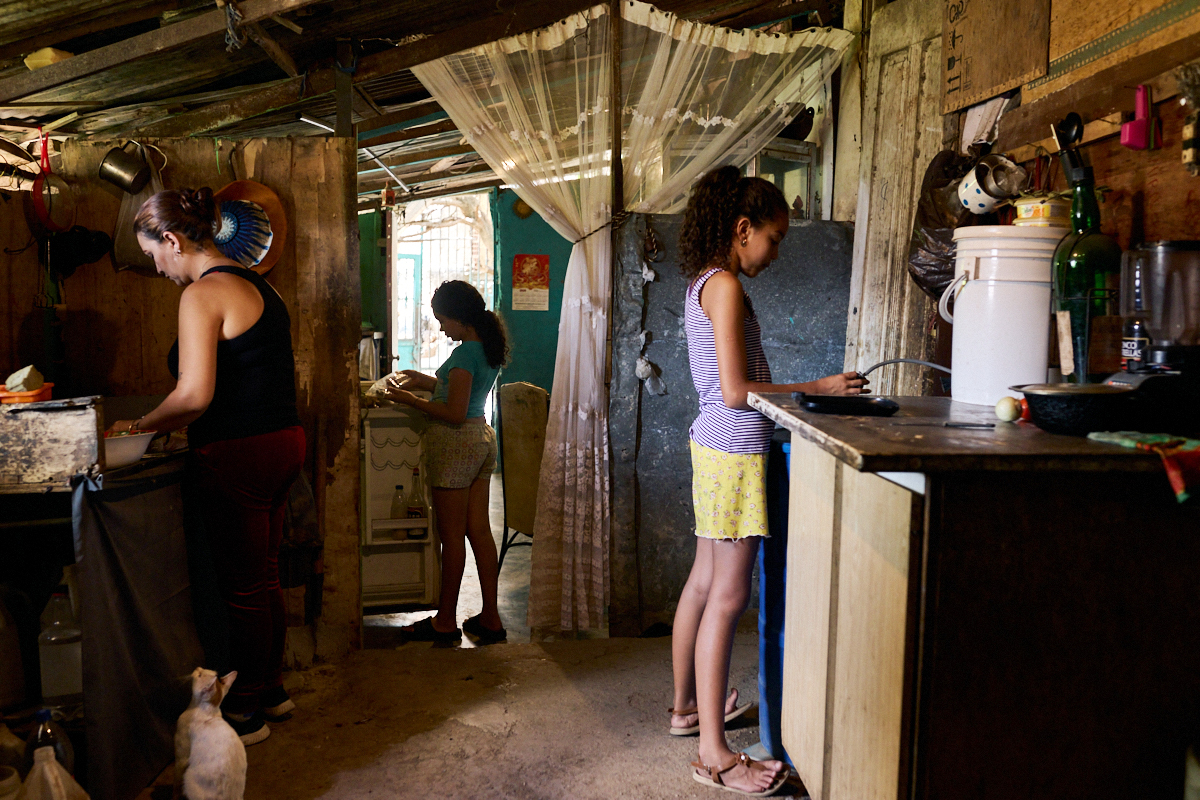
“Vital but Invisible” is a project that aims to bring attention to the care economy and the essential role of caregivers, which is crucial for society’s maintenance but often undervalued, unappreciated and falls disproportionately on women. According to the International Labor Organization (ILO), globally, women perform 76.2% of all unpaid care work, spending 3.2 times more time on these tasks than men, perpetuating gender inequality. This is a global issue that will become even more significant due to the aging of the world population. However, the situation is particularly challenging in countries like Venezuela due to the lack of accessible and quality care systems. By shedding light on the care economy, this project aims to foster a deeper understanding of the significance of care work and challenges traditional gender roles. Ultimately, it attempts to push decision-makers to implement solutions that acknowledge, reduce, redistribute caregiving responsibilities, and reward both unpaid and paid care work.
MARTHA TADESSE

Martha Tadesse is a humanitarian photographer from Ethiopia. Since 2016, she has collaborated with various local and international non-profits, traveling extensively across Ethiopia and other African countries. Her work is driven by a passion for social issues, focusing on human rights, and advocating for girls and women both in Ethiopia and beyond. Currently, Martha is focused on her long-term passion project that explores the intersections of faith and sexuality, and queer resistance within Ethiopia and the diaspora.
Wonderfully Made
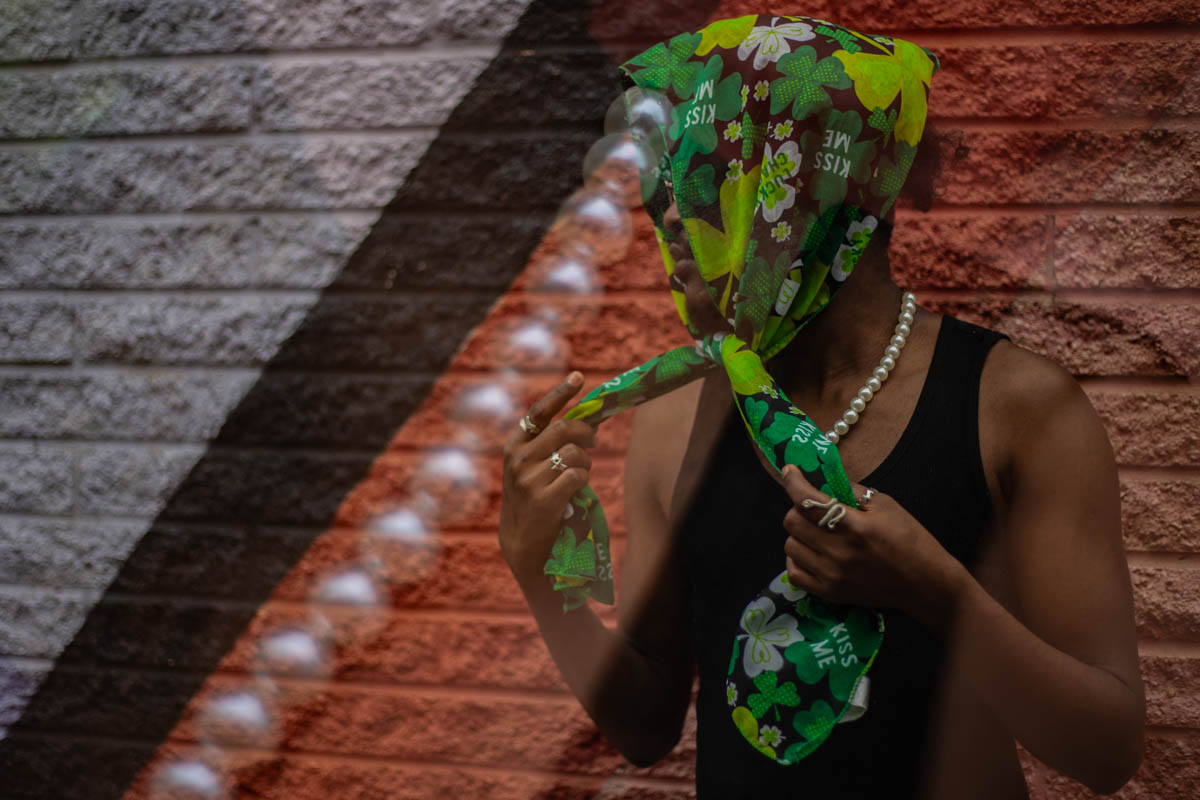
“Wonderfully Made” focuses on marginalised groups, specifically the Ethiopian and Eritrean LGBTQ+ community across the US. Homophobia and transphobia are deeply ingrained societal issues that marginalise and discriminate against people based on their sexual orientation and gender identity. Within the Ethiopian and Eritrean communities, these challenges are intensified by cultural norms and religious beliefs that perpetuate stigma and prejudice. Increasing anti-gender laws and conservative religious influences have created a hostile environment through discrimination and violence while restricting the rights and freedoms of queer individuals. For too long, queer Ethiopian and Eritrean stories have been overshadowed by anti-gay activists and religious groups, steeped in discrimination and propaganda. Through this project, it is my hope that these stories are directly heard and felt, providing a space for queer individuals to share their experiences in their own voices. In essence, this project is a song of queer resistance.
NATHALIE BERTRAMS
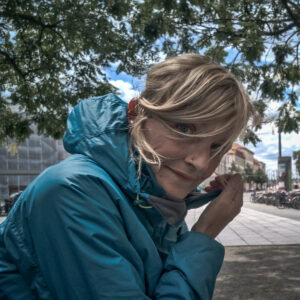
Nathalie Bertrams is a German documentary photographer and National Geographic Explorer reporting on environmental conflict and social justice, mainly across Africa. She is a regular contributor to Süddeutsche Zeitung, De Groene Amsterdammer and Al Jazeera. Her work is also featured in El País, The Guardian, BBC News, Mongabay and Washington Post Magazine and she makes TV documentaries for Arte/ZDF. Nathalie has a master’s degree in Fine Arts from Kunstakademie Düsseldorf and regularly exhibits her work internationally. She has received multiple grants and awards for her storytelling and is a member of the International Press Institute, Frontline Freelance Register, and Women Photograph.
The Silent Killer
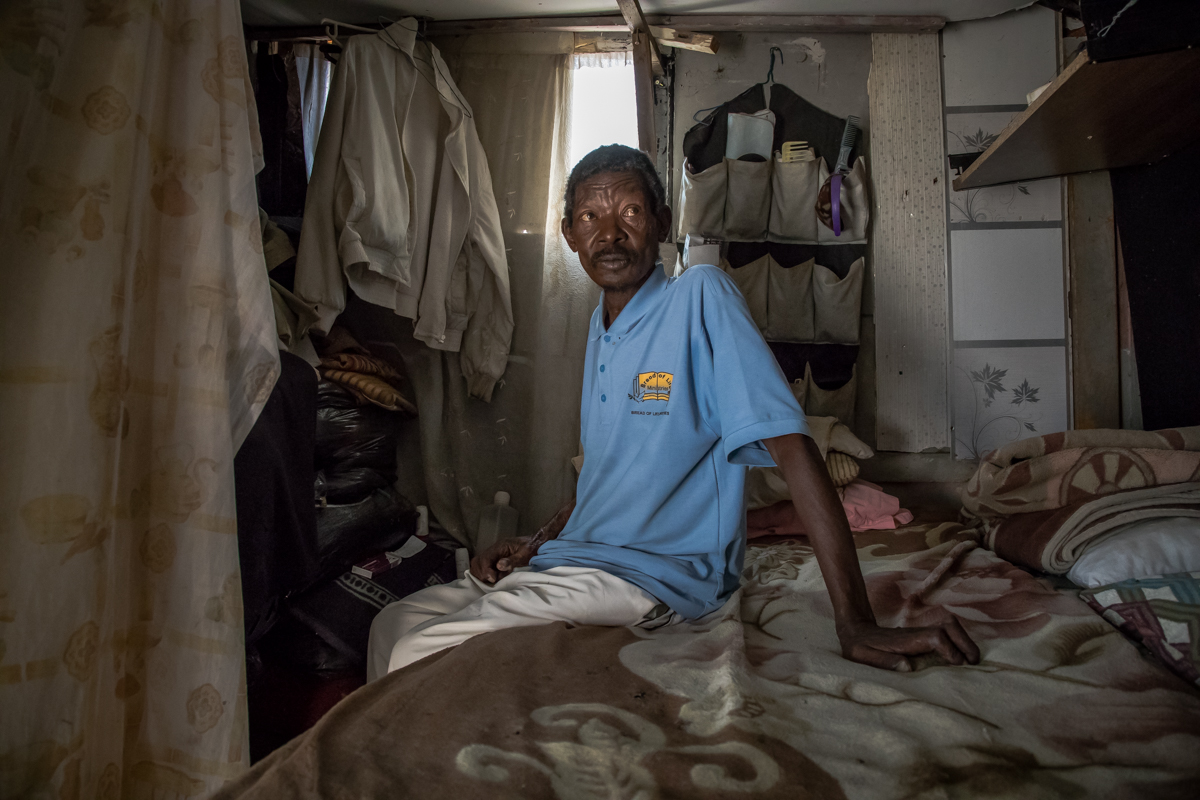
A third of all gold in human history has come from Johannesburg’s mines. In over a century, the mining waste has been piled up into massive hills towering over marginalised townships, casting a long shadow of environmental degradation and human suffering. On windy days, these mine dumps blow toxic, radioactive dust across houses and shacks. Then the air is thick with yellow dust that contains high levels of uranium and a cocktail of heavy metals like cyanide, arsenic, lead, mercury, and cadmium. Residents have respiratory problems like coughs, sinusitis, asthma, and tuberculosis. Many children have developed severe cerebral palsy. Visibility for these suffering communities strengthens their negotiation position towards the mining companies who own the land and the mine dumps, and helps them to get access to medical care and financial compensation.
SOFIA NAVARRETE ZUR

Sofia Navarrete Zur is a Mexican-American/British documentary photographer, research fellow, and visual anthropologist based in Mexico City and New York City who has worked across Mexico, Guatemala, and the U.S. Her work explores themes of inequality, resilience, memory, and identity through psychological and emotional experiences of conflict, migration, and marginalisation. Sofia’s work has been supported by Fulbright, National Geographic, The Harnisch Foundation, and published in Marie Claire and Animal Politico. Her academic work has been published in Behavioral Sciences and Equis Justicia para las Mujeres. Her photography has been exhibited in Mexico City and the U.S. Sofia’s photography draws on years of research and consulting in international affairs for non-profits and academic institutions, including the United Nations, the International Rescue Committee, and the Center for Research and Higher Studies in Social Anthropology. She holds a Master’s of International Affairs and a Bachelor’s in anthropology, psychology and film.
Out of the Shadows
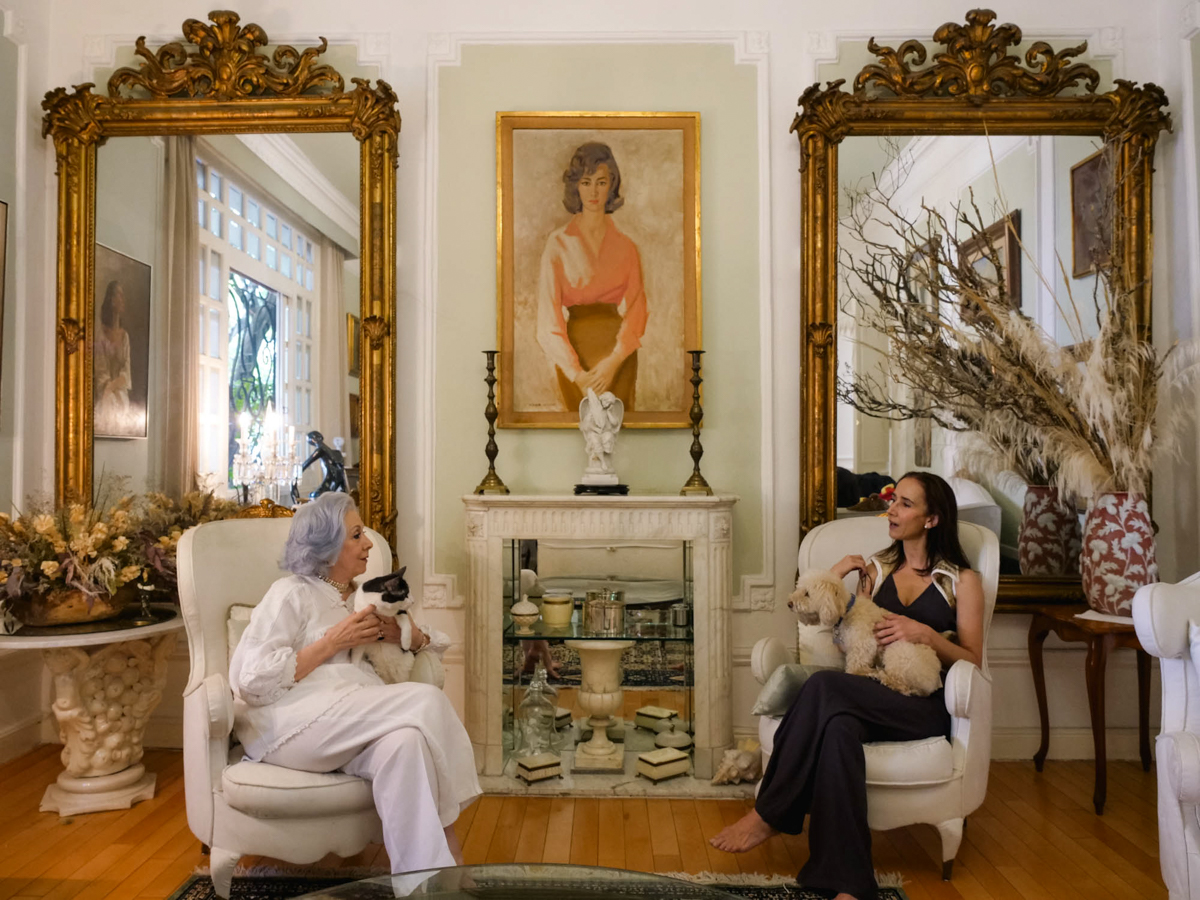
“Out of the Shadows” is a visual anthropology project documenting narratives of women survivors of gender-based violence in Mexico. Guided by ethnographic research, it captures 10 diverse women’s stories through self-portraits and documentary photographs depicting their lives, legal battles, protests, and healing spaces. This holistic approach reveals social, economic, and ethnic differences shaping experiences united by violence, resistance, hope, and community mobilisation. The collaborative storytelling empowers participants to reclaim their narratives. Embedded within NGOs’ outreach, it raises awareness and provides a mirror reflecting resilience. Challenging dominant narratives, it showcases the diversity of violence forms, crucial for developing solutions. It aims to inspire transformation by amplifying voices and urging recognition of the need for tangible change. Through NGO partnerships, the project informs programmes, and support services. It offers participants a platform and safe space, while providing role models validating experiences and visions for rebuilding lives beyond victimhood for other survivors.
SUJATA SETIA
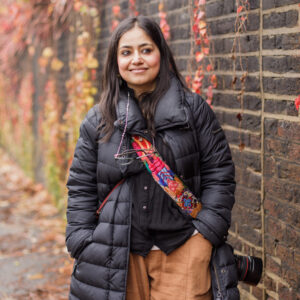
Sujata Setia is an Indian-born British photographer. In 2009, she completed a Master’s in International Relations from King’s College London. She has a background in journalism that informs her research-based, socially engaged practice. She combines traditional artistic interventions and photography to call attention to the boundaries of cultural imperialism, where subaltern histories are exiled. She has won several awards and grants including: “Winner – Creative Category” – Sony World Photography Awards 2024; “Recipient – Creative Collaboration Fund” – King’s College London 2024; “Recipient- Artist Fund” – POCC 2023; “Winner – Female in Focus” – British Journal of Photography 2022; “Photographer of the Year” Tokyo International Foto Awards 2021; “Open Award Gold Winner” Association of Photographers 2021; “Portrait Award Winner” The Independent Photographer 2021; “Portrait Award Winner” Indian Photo Festival 2021.
A Thousand Cuts
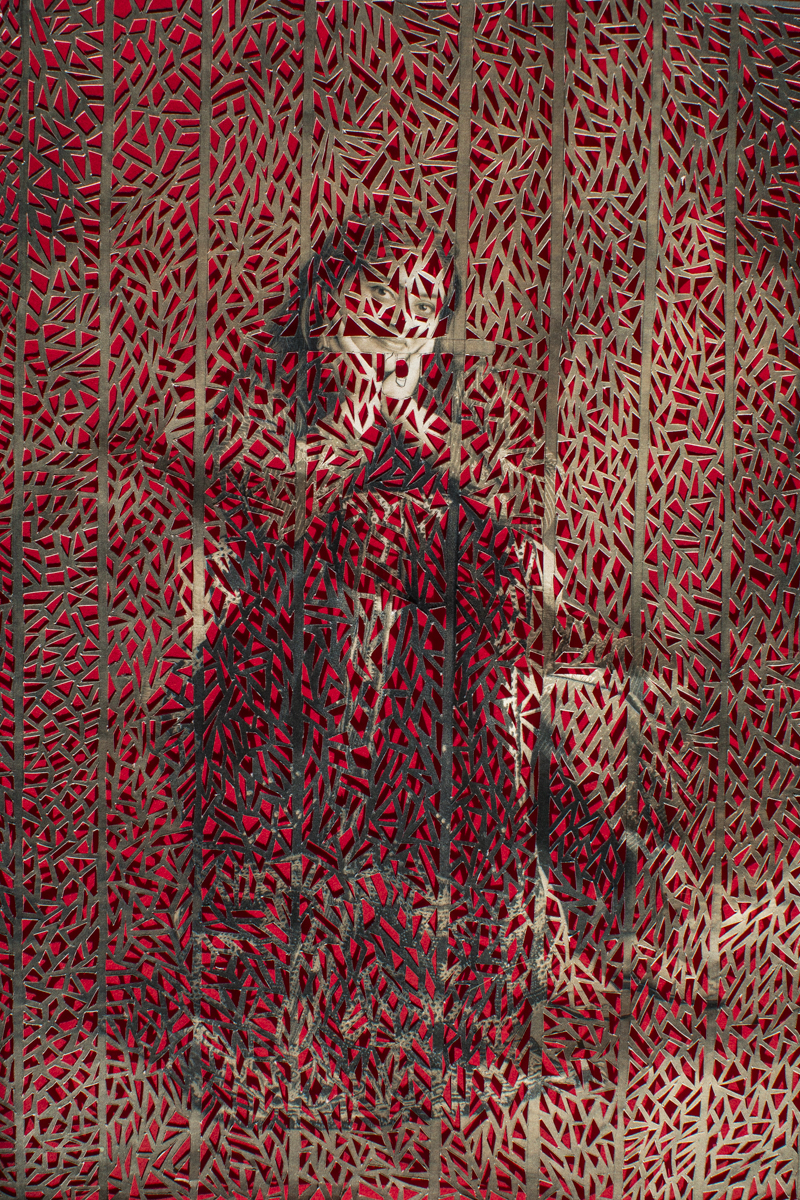
“A Thousand Cuts” studies the patterns of domestic abuse in South Asian culture. Less that 24% of crimes get reported in the UK alone. The rest continue to thrive under the veil of stigma, which not only perpetuates trans-generational trauma but also affects matters such as policy formulation and resource allocation for support. Without an accurate understanding of the true scale of DA, systemic efforts to combat this crime may never be adequate. This series works to bring narratives of abuse into public discourse. Together with the charity Shewise UK, we are reaching out to stakeholders such as schools, GP surgeries, councils and other community based organisations to help us spread awareness through this series. We are encouraging victims to speak up. Already the survivors who have participated in the series have felt “heard” to see their stories being shared with the world. I will continue to create this work to bring to the fore as many narratives of abuse as possible to help remove stigma and shame.
TANIYA SARKAR
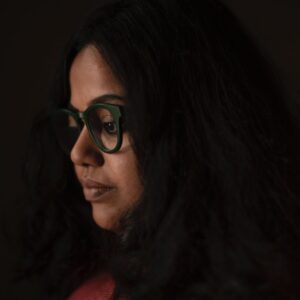
Born in 1992, based in Kolkata, the capital of the Indian state of West Bengal, Taniya Sarkar pursued her Bachelor (2012) and Masters’ (2015) degrees in Journalism and Mass Communication from the University of Calcutta. Her works have been exhibited at Objectifs, Women in Film & Photography 2023, Germany as part of the exhibition ‘CLOSE CONTACT’ in 2021 -2022. She is a student grant recipient for The W. Eugene Smith Memorial Fund (2022), Nazar Foundation Artist Assist Fund in 2023, Inge Morath Award 2021 (Finalist) by Magnum Foundation, Generator Grant by Experimenter 2021, Social Documentary Grant of Murthy Nayak Foundation, and SACAC in 2021. The International Center of Photography (ICP) New York, awarded her the most prestigious Mary Ellen Mark Memorial Scholarship to join the One-Year Certificate in Documentary Practice and Visual Journalism programme (2021-2022). She has been selected by World Press Photo to be a participant in the esteemed Joopswart Masterclass 2024. She has worked for Le Monde, Crafts Magazine U.K, European Union and UNESCO.
When I Dive into the Realm of your Endlessness
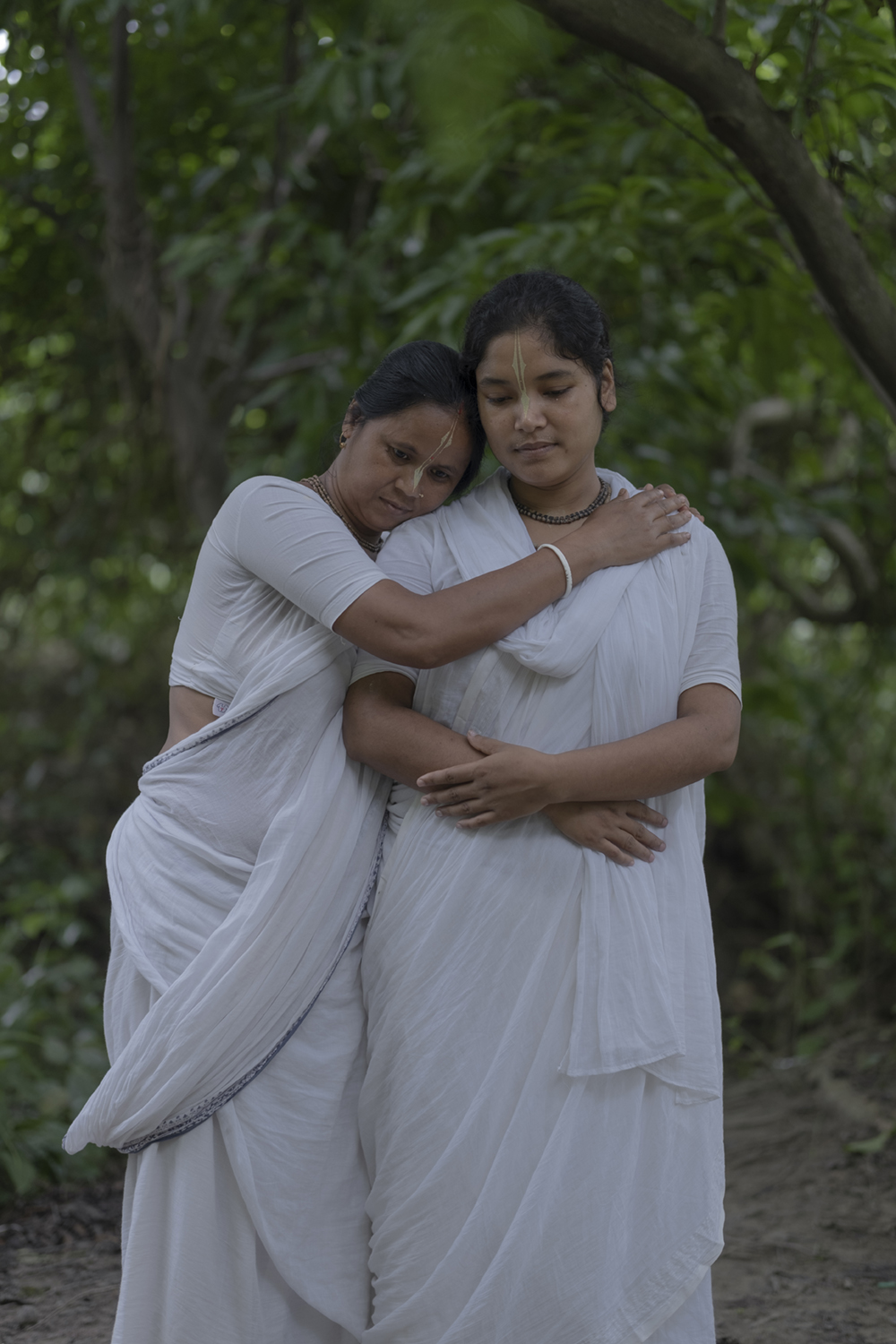
In Bengal, in the early to mid-18th century, saffron or white-clad mystics from Hindu, Buddhist, and Muslim backgrounds formed a major sect known as Baulism. The project “When I Dive into the Realm of your Endlessness” documents the lives, roles, practices, and narratives of women who are seeking their own identities within this patriarchal system. As Baul’s practice has transformed in the post-neoliberal era, the project will also examine changes in women’s spiritual, psychological, and cultural journeys.
WE WOULD LIKE TO HEARTILY THANK ALL PHOTOGRAPHERS WHO APPLIED FOR THE MARILYN STAFFORD FOTOREPORTAGE AWARD 2024.
WE COMMEND THIS TALENTED SHORTLIST FOR THEIR DEDICATION, CREATIVITY AND DETERMINATION TO MAKE THE WORLD A BETTER PLACE.
WE WILL ANNOUNCE THE WINNER AND THE HONOURABLE MENTIONS ON WEDNESDAY 26TH JUNE.
TO LEARN MORE ABOUT THE SHORTLIST AND THEIR STORIES, PLEASE FOLLOW @fotodocument on Instagram.
THE FOTODOCUMENT TEAM
Featured cover photograph © Margaret Mitchell

